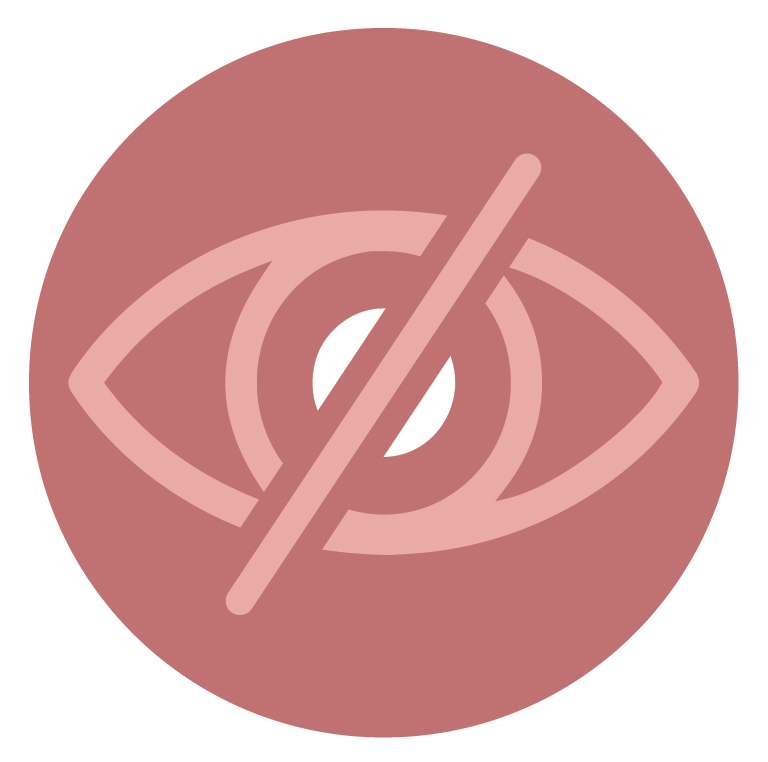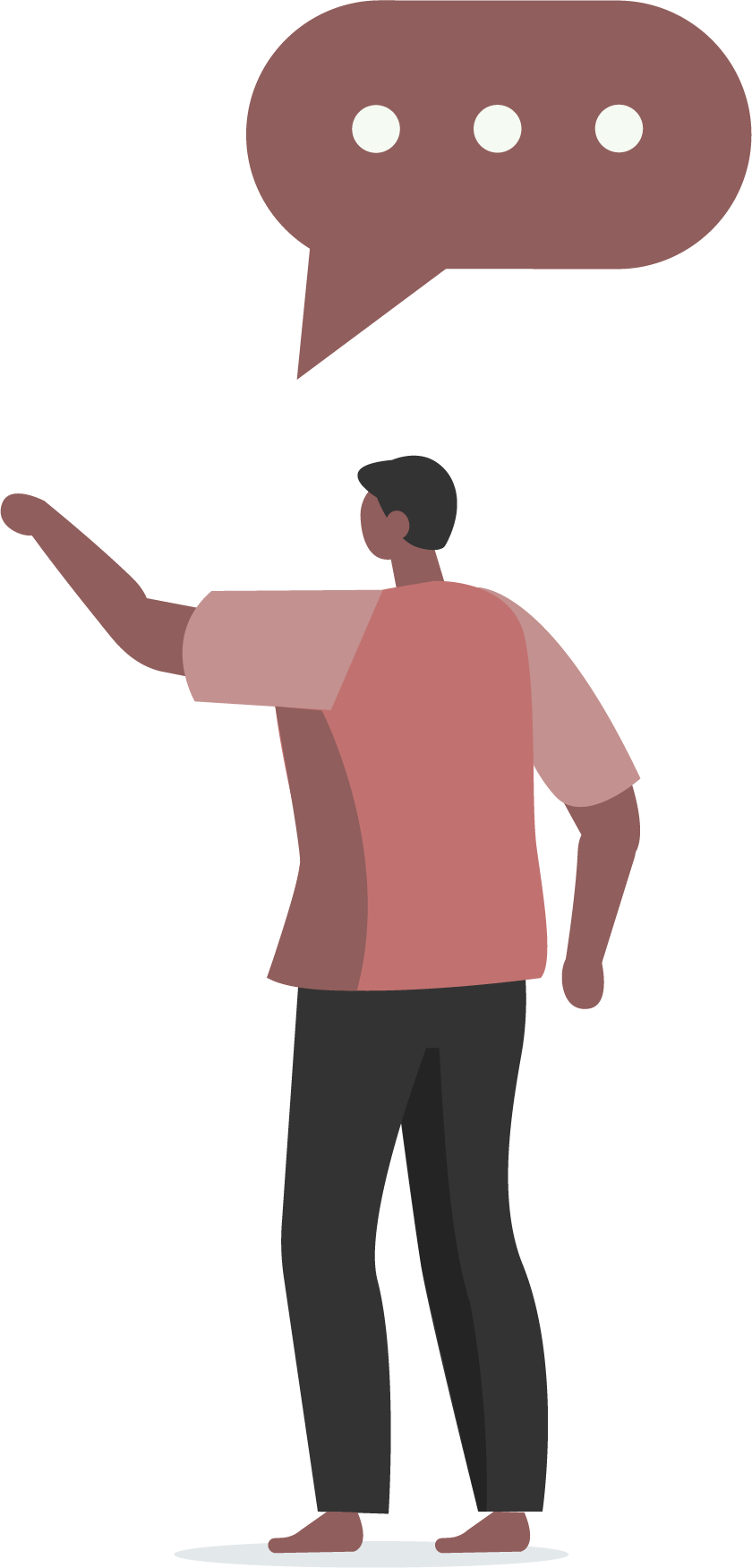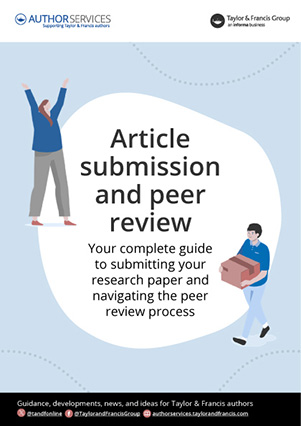| Pros | Cons |
|---|---|
| The reviewer can be totally honest with their thoughts on the paper as they will remain anonymous throughout the process | Providing details of the author may take some of the focus off of the work, when really the reviewer should be focused on the work alone |
| Risk of conscious bias, they might be tempted to give a more critical review to an article written by someone they consider to be a rival | |
| Risk of unconscious bias from the reviewer, they may make judgements on the paper based on details of the author without even realizing | |
| Some reviewers may use their anonymity to write reviews that are rushed, rude, or unfair, which they might not do if their name was being associated with the comments |
What are the different types of peer review?
There are various different types of peer review.
Peer review is the independent assessment of your research paper by experts in your field. Its purpose is to evaluate the manuscript’s quality and suitability for publication.
Read through this guide to find out what each type means and the pros and cons.

Publishing tips, direct to your inbox
Expert tips and guidance on getting published and maximizing the impact of your research. Register now for weekly insights direct to your inbox.
Single-anonymous peer review
In this model the reviewers know that you are the author of the article, but you don’t know the identities of the reviewers. This is the most common type of peer review for science and medicine journals.
The anonymity of the reviewers is intended to make it easier for them to give full and honest feedback on an article, without fearing that the author will hold this against them.

Double-anonymous peer review

In this model the reviewers don’t know that you are the author of the article. And you don’t know who the reviewers are either. Double-anonymous review is particularly common in the humanities and some social sciences.
Many researchers prefer double-anonymous review because they believe it will give their paper a fairer chance than single-anonymous review. It can avoid the risk of a paper suffering from the unintended bias of reviewers who know the seniority, gender, or nationality of a paper’s author.
However, even if you’ve anonymized your paper the reviewers may not be able to avoid discerning your identity, especially if you work in a very specialized field. They might have heard you present the same ideas at a conference, or recognize your writing style.
Find out how to make your article anonymous if you are submitting it for double-anonymous peer review.
| Pros | Cons |
|---|---|
| Less risk of conscious or unconscious bias from either the reviewer, or the author | It’s not possible to guarantee the anonymity of the author. For example, if the reviewer was already familiar with their work or had heard that someone was working on a particular topic |
| Reviewers can feel more protected from criticism of their review | Some reviewers may use their anonymity to write reviews that are rushed, rude, or unfair, which they might not do if their name was being associated with the comments |
Open peer review
There is no one agreed definition of open peer review. In fact, a recent study identified 122 different definitions. Typically, it will mean that the reviewers know you are the author and also that their identity will be revealed to you at some point during the review or publication process.
Open review may also include publishing the names of the reviewers and even the reviewers’ reports alongside the article. Some open review journals also publish any earlier versions of your article, enabling the reader to see what revisions were made as a result of peer review.
Further reading: A new scholar’s perspective on open peer review

| Pros | Cons |
|---|---|
| Authors might receive more constructive and polite reviewer comments, as the reviewers know that a signed version of their report is going to be published | There are concerns that researchers who are invited to review may be less inclined to do so under an open model, where their name and report will be published |
| Depending on the model, it allows readers of the published article to see more detail of the review process, increasing their trust | There is a possibility that if a reviewer knows an author and doesn’t want to offend them, they give them an overly favorable review |
Post-publication peer review

In these models, your paper may still go through one of the forms of peer review outlined above first. Alternatively, it may be published online almost immediately after some basic checks. Either way, once it is published, there will then be an opportunity for invited reviewers or even readers to add their own comments or reviews.
| Pros | Cons |
|---|---|
| Post-publication review allows the opportunity to gather a wider range of perspectives on your paper | Not every paper published in this way is always guaranteed to receive reviews |
| As review doesn’t end when your paper is published, your peers can add comments reflecting new developments in the future | If your article is tackling a controversial topic, it may attract a large number of comments which won’t always be moderated |
| For journals that use only post-publication review, the articles can be published very quickly | There are some concerns about the risks of allowing a paper to be published without any prior review, especially in areas such as medicine |
Registered reports
The Registered Reports process splits peer review into two parts. The first round of peer review takes place after you’ve designed your study but before you’ve collected or analyzed any data. This allows you to get feedback on both the question you’re looking to answer, and the experiment you’ve designed to test it.
If your manuscript passes peer review, the journal will give you an in-principle acceptance (IPA). This indicates that your article will be published as long as you successfully complete your study according to the pre-registered methods and submit an evidence-based interpretation of the results.
Find out about Registered Reports at Taylor & Francis.

| Pros | Cons |
|---|---|
| They support negative results (when the results do not meet the hypothesis). So as long as you submitted your 1st stage manuscript and were accepted you can still proceed with the publication of your article | Though the journal will endeavour to use the same reviewer for both parts, it can’t always be guaranteed |
Peer review with F1000Research
F1000Research operates formally invited post-publication peer review, which is fully open and transparent, and led by the article authors.
Reviewers are usually suggested by the authors following certain reviewer criteria.
Peer review reports are published – alongside the reviewers’ full names and affiliations – as soon as they’re submitted and remain attached to the article if it is indexed with sites such as PubMed and Scopus.
Peer review directly determines whether an article will be indexed, via the approval status that reviewers select when reviewing the article.
